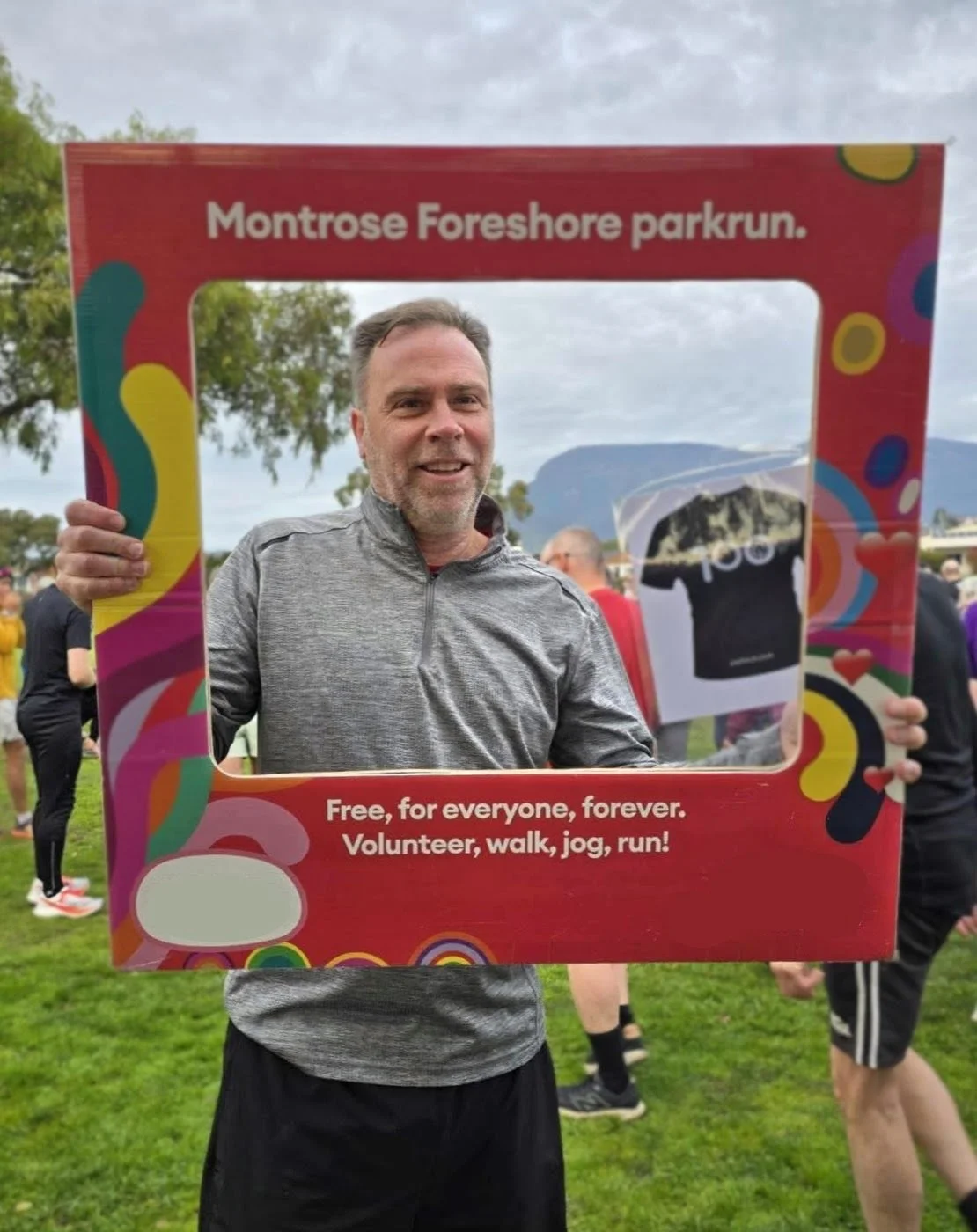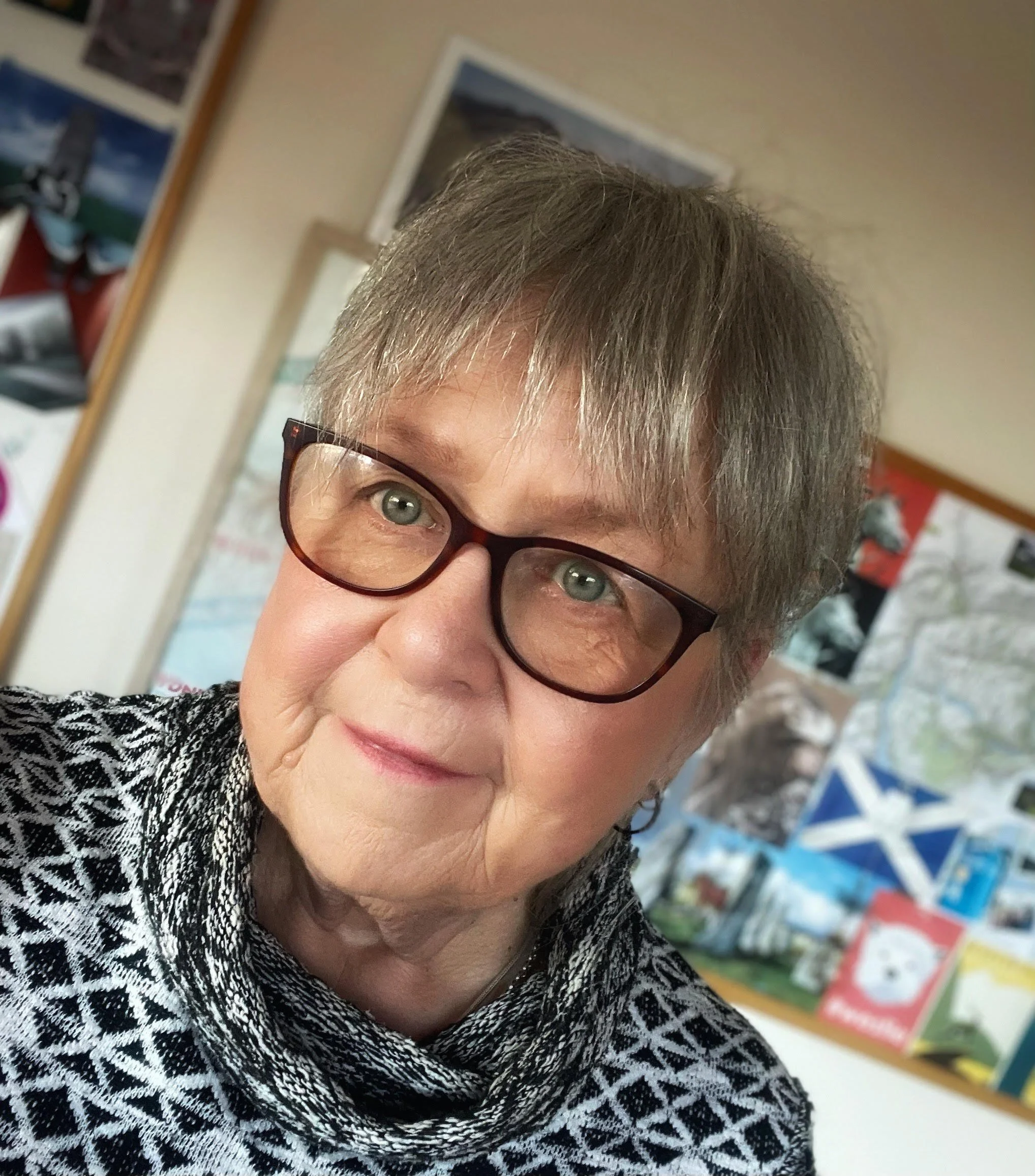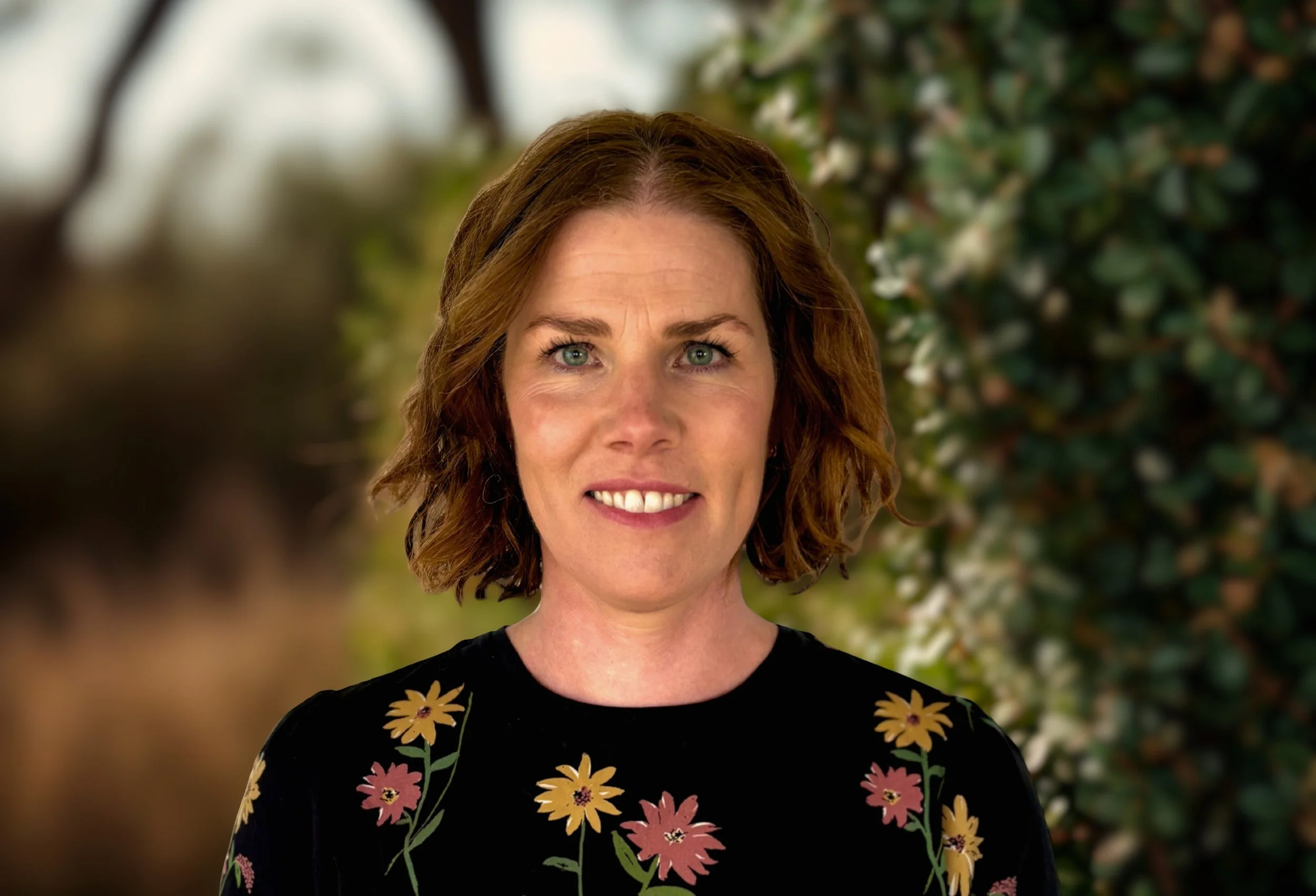About Beam OT
Why we do, what we do
Since 2017, Beam OT has offered a different kind of occupational therapy service; one where people are known, valued, and supported by occupational therapists with the right expertise.
We’re not a big provider, and that’s by design.
Meet the Team
Occupational Therapist – Hobart, TAS
Since graduating from Curtin University in 2005, Brendan has supported individuals with psychosocial, intellectual, and psychiatric disabilities across Australia and the UK. Brendan started Beam OT in 2017, and is passionate about building strong, collaborative, relationships with the people he supports.
What first drew you to a career in occupational therapy?
I chose occupational therapy because its practical, client-centred nature resonated with my own values. I'm passionate about helping people with psychiatric disabilities build skills and motivation by engaging in activities that are meaningful to them.
What is the most rewarding part of being an OT for you?
Seeing individuals achieve their personal goals and regain confidence in managing their daily lives, by improving their relationships, and re-engagement in activities that bring them joy and purpose, is truly inspiring and reinforces my passion for this profession.
What's a key principle that guides your clinical practice every day?
My practice is guided by Recovery Principles, focusing on empowering clients to take an active role in their own well-being. Using elements of Motivational Interviewing, Health Coaching, and the Remotivation process, the focus is always on supporting clients to build independence and find meaning and purpose in their daily lives.
Fun Fact?
I'm still waiting for my call up to the pro golf tour.
Brendan Long
Occupational Therapist – Hobart, TAS
Elle graduated from Curtin University in 2005 and has since worked across Perth, London, and Hobart. Elle’s passion is neuro rehab and supporting people with conditions like stroke, multiple sclerosis, acquired brain injury, Parkinson’s disease, and motor-neurone disease. She recently expanded her practice to include OT driver assessment. Elle is passionate about helping individuals maintain independence and quality of life.
What first drew you to a career in OT?
I was looking for a job that connects me with other peoples' stories, and is quite practical and hands on.
What is the most rewarding part of being an OT for you?
I just love it when a goal comes off, and I can see the culmination of collaboration and work come to fruition.
What's a key principle that guides your clinical practice every day?
Collaboration all the way. And being an OT can require a good bit of detective work, which I love.
Fun Fact?
I'm trying to learn golf and to surf. It is a very humbling experience!! Luckily I am better at my day job than my hobbies.
Eleanor Vernon
Occupational Therapist – Perth, WA
Adrian graduated from Curtin University in 2009 and is experienced in sub-acute rehabilitation and supporting individuals with dementia experiencing changed behaviors. Adrian is passionate about providing practical psychosocial support to NDIS participants, by first understanding their unique story and what motivates them. His approach is collaborative, thorough, person-centred, and grounded in strong clinical skills.
What first drew you to a career in OT?
I was inspired by the experiences my occupational therapist friends had shared, and a desire to make a real difference in other people's lives.
What is the most rewarding part of being an OT for you?
It's a privilege to work with participants in their home environment and help them achieve their goals in the place where they feel most comfortable.
What's a key principle that guides your clinical practice every day?
I will always prioritise the clinical needs of the participants I'm working with and advocate for them to ensure they receive the support they need.
Fun Fact?
I'm an Occupational Therapist by day, PC gamer by night.
Adrian Vernon
Occupational Therapist – Hobart, TAS
Wendy is an OT with over 20 years experience who originates from London in the UK. With extensive experience in acute, community, and youth mental health, she specialises in supporting neurodivergent clients (ADHD and ASD) and those with psychosocial disabilities. She is passionate about delivering practical, trauma-informed, and person-centered care. I have particular interest in providing intervention to marginalised groups such as LGBTQI+ community.
What first drew you to a career in OT?
I first heard about OT when working in a sports centre and an OT was providing a group there. We got chatting, she told me what the job involved and how it could help make meaningful change in people's lives, and the rest is history.
What is the most rewarding part of being an OT for you?
I just love hearing people's stories, how they got here, what inspires them, where they want to go and what they want to achieve. For me, being part of that journey is priceless.
What's a key principle that guides your clinical practice every day?
I recognise I am in a privileged position, being invited into someone's home and life, usually at the most challenging times.
Fun fact about Wendy
I’m a football (soccer) fanatic who supports The Red Devils- Manchester United (although I am a Londoner).
Wendy Roberts
Occupational Therapist – Hobart, TAS
Andrée has many, many years experience as an occupational therapist. She specialises in working with people experiencing disability due to mental health challenges. During her career, Andrée has also worked in other fields such as primary health, with GPs, and in Women’s Health. As well as a year working in the disability sector in Scotland.
What first drew you to a career in OT?
I really liked the idea of assisting people to live their best lives. Any of us can run in to adverse health events at any time in our lives, and being a person who gives real practical help in these circumstances sounded like a satisfying career.
And it’s turned out to be so.
What is the most rewarding part of being an OT for you?
For me, it's a privilege to support individuals facing not only a serious illness but also significant social alienation and adversity. Helping them navigate these complex challenges to live a more stable and fulfilling life is the most rewarding aspect of being an OT.
What's a key principle that guides your clinical practice every day?
It’s important to strive for effective teamwork; making links with the client and their team leads to better outcomes.
Fun Fact?
I love Scotland. It all started with an addiction to the TV show, Outlander. This led to my greatest physical achievement (besides giving birth!) where I completed the Great Glencoe Challenge. A 45km hike in one day in the magnificent Scottish Highlands.
Andrée Poppleton
Occupational Therapist – Hobart, TAS
Melissa graduated in 2006 and specialises in neurological rehabilitation. Her experience in diverse clinical settings in London and Hobart now informs her work supporting clients under the NDIS and MAIB frameworks to achieve their goals.
What first drew you to a career in OT?
I was inspired to become an occupational therapist in late high school after reading Never Tell Me Never, which moved me with its story of the transformative power of rehabilitation and the role occupational therapists play within this.
What is the most rewarding part of being an OT for you?
Building meaningful relationships with people and working collaboratively with them to achieve their goals.
What's a key principle that guides your clinical practice every day?
Working collaboratively with each person to respect their unique goals and circumstances so that interventions are meaningful, tailored, and empowering.
Fun fact?
My family and I share our lively home with a young kelpie named Leo, a cat called Coco, as well as chickens and guinea pigs.
Melissa Waugh
Occupational Therapist – Hobart, TAS
August graduated in 2005 and has since obtained a Graduate Diploma in Clinical Rehabilitation. She has a special interest in working with adults living with neurological conditions like stroke and traumatic brain injury, offering skills in upper limb and cognitive rehab, assistive technology, and minor home modifications. Her background managing hospital teams reflects her deep commitment to clinical excellence.
What first drew you to a career in OT?
I was drawn to the incredible diversity within occupational therapy — from the wide range of settings to the variety of people we support. What really captured me was the chance to help individuals reach their goals through activities that bring them joy and meaning.
What is the most rewarding part of being an OT for you?
Seeing people reconnect with their lives after injury or trauma. Supporting someone to regain or maintain their independence is a privilege — it’s those moments of progress, big or small, that truly matter.
What's a key principle that guides your clinical practice every day?
I always put the person at the centre of therapy. I believe in working collaboratively to set meaningful, person-centred goals that reflect what truly matters to them — not just what’s on a checklist.
What's one thing about you anyone should know?
I’m a live music lover — if there’s a gig on, chances are you’ll find me there!
August Wilson
Occupational Therapist – Hobart, TAS
Sarah graduated in 2018 with a 1st class Bachelor’s Degree from Plymouth University, United Kingdom. She has worked extensively with adolescents and adults experiencing severe and enduring mental illness, intellectual and psychosocial disabilities and specialised in forensic mental health in the UK, prior to emigrating to Australia in 2022.
What first drew you to a career in occupational therapy?
What first drew me to a career in occupational therapy was a strong desire to work with people experiencing difficulties within their life and to help them in their recovery journey. I support people to take their first step into recovery and help them to create the stepping stones required to achieve their goals, no matter how big or small. I enjoy the client-centred nature of occupational therapy and the variability of the job.
What is the most rewarding part of being an OT for you?
Is seeing people take the first step to achieving their goals. Very often, people find themselves stuck, not knowing how to take that first step, and so working with them to overcome barriers and regain their confidence is an absolute pleasure and makes the job so worthwhile.
What's a key principle that guides your clinical practice every day?
My practice is driven by a client-centred and holistic philosophy. I collaborate with individuals to understand their goals and empower them to achieve a level of function that is personally meaningful.
What's one thing about you anyone should know?
I love to travel and experience different cultures. I spent 6 weeks travelling Thailand in 2022 and would love to return soon!








